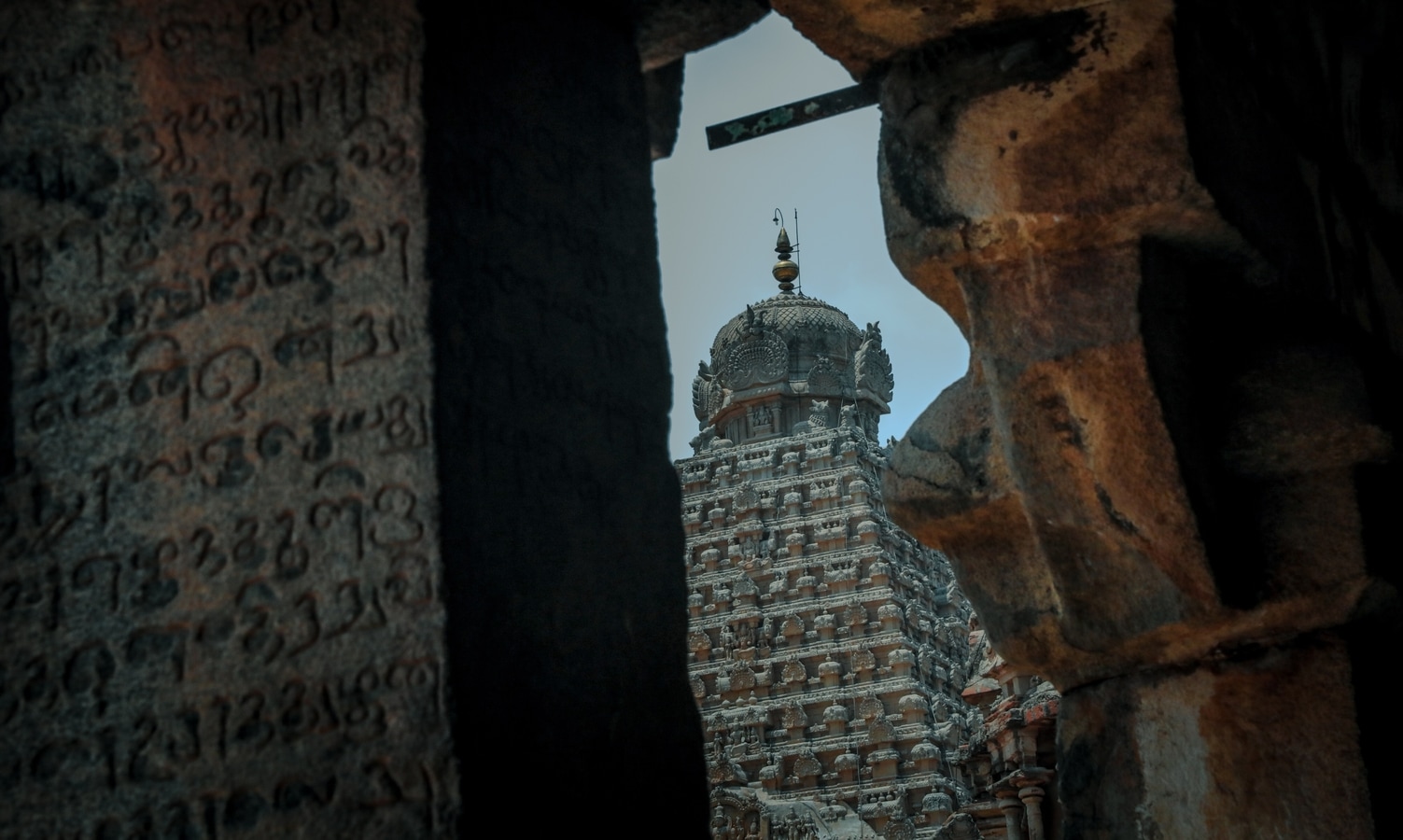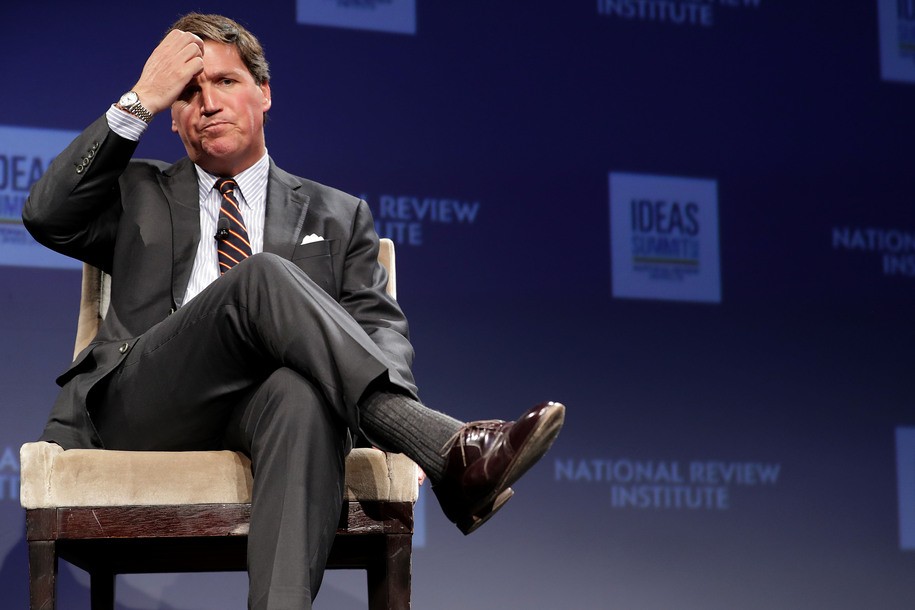The last of the six Zondo Commission Reports on State Capture are now out and, as President Cyril Ramaphosa had pointed out earlier at an NEC meeting, such a report would be littered with representatives of the ANC as accused number one.
Joel Khathu Netshitenzhe had sent a salvo about the conduct of the beneficiaries of corruption. He said the beneficiaries of state capture will fight to the end.
As the report landed on Wednesday, signs now and before have shown these tendencies. It is difficult to argue that we have not with precision predicted these tendencies at least 14 years ago.
In 2008 the government in their Scenarios 2025 provided foresight on three pathways South Africa was poised to traverse. These were given the titles of Not Yet Uhuru, Nkalakatha and Muvhango. All the scenarios were sadly not good news, especially in the aftermath of the outcome of the Polokwane elective conference of the ruling party.
In this contestation of the ugly ducks, Nkalakatha’s outcome was the least ugly. However, as a nation we chose the worst contestant, Muvhango.
Let us briefly say what the scenario outcomes were. The Not Yet Uhuru scenario is characterised by a government strongly committed to accelerating economic growth, but struggles in the face of deteriorating global conditions and severe ecological challenges.Its end game is characterised by first the Me First, You Later; second, The Have Lots and The Have Nothings; third Black Power, White Money, fourth and finally The Earth Lies Screaming.
The Nkalakatha scenario is characterised by a government determined to play a more central role in the economy, government prioritises poverty reduction and skills enhancement by articulating a national vision and fostering partnerships. Its end game has four outcomes. First, The Dreamers Become The Doer; second One Nation, One Destiny; third The Environment Matters Too; fourth and last Time To Bite The Bullet.
The last scenario outcome of Muvhango is characterised by a situation whereby despite an initial resurgence of the economy, and positive world conditions, the government battles to govern well.
The lack of governance is first born in the slipstream of the 2009 elections and a successful 2010 World Cup, and the economy boomed and the growth rate breached 5.5 percent. But the euphoria was short-lived, as poor planning and co-ordination, exacerbated by political in-fighting, started taking their toll on the economy.
The first of the four outcomes is then Bang Goes the Boom. The second characterisation of lack of governance is seen in service delivery that suffered, and increased corruption, as animosity among politicians reached startling new levels. Efficiency levels declined, as measured by unqualified audits, proportion of budgets spent and citizen satisfaction surveys. This scenario drives the second outcome of Politician vs Politician.
The third driver is about an economy, which was on the skids after a few good years. Foreign multinationals and private equity funds began cherry-picking key South African assets. South Africa’s proportion of continental gross domestic product declined to such an extent, that by 2025, the country lost its unrivalled pre-eminence on the continent of Africa. The endgame is The Champ slips Up.
The last scenario is characterised by standing at the edge of a cliff, a new ANC went back to the nation, humbly, and demonstrated signs of a revival of idealism. The endgame is The Brink of A New Era.
The question to be asked in the context of the submission of the last of the six reports of the Zondo Commission is where are we? Are we on the Bang Goes the Boom, Politician against Politician, The Champ Slips Up or The Brink of a New Era?
What we do know is as we prepared to receive the last report, an out of the mattress dollar drama was thrown at the public.
Did this represent the Champ Slips Up or the Beginning of a New Era?
Since 2009, the government chose to abandon scenarios – a critical guide to policy, a lens of wisdom and a platform of road signs for potholes, manholes and robots – so something without which a government cannot function.
Dr Pali Lehohla is the Director of Economic Modelling Academy, a Professor of Practice at University of Johannesburg, a Research Associate at Oxford and the former Statistician-General of South Africa.


















